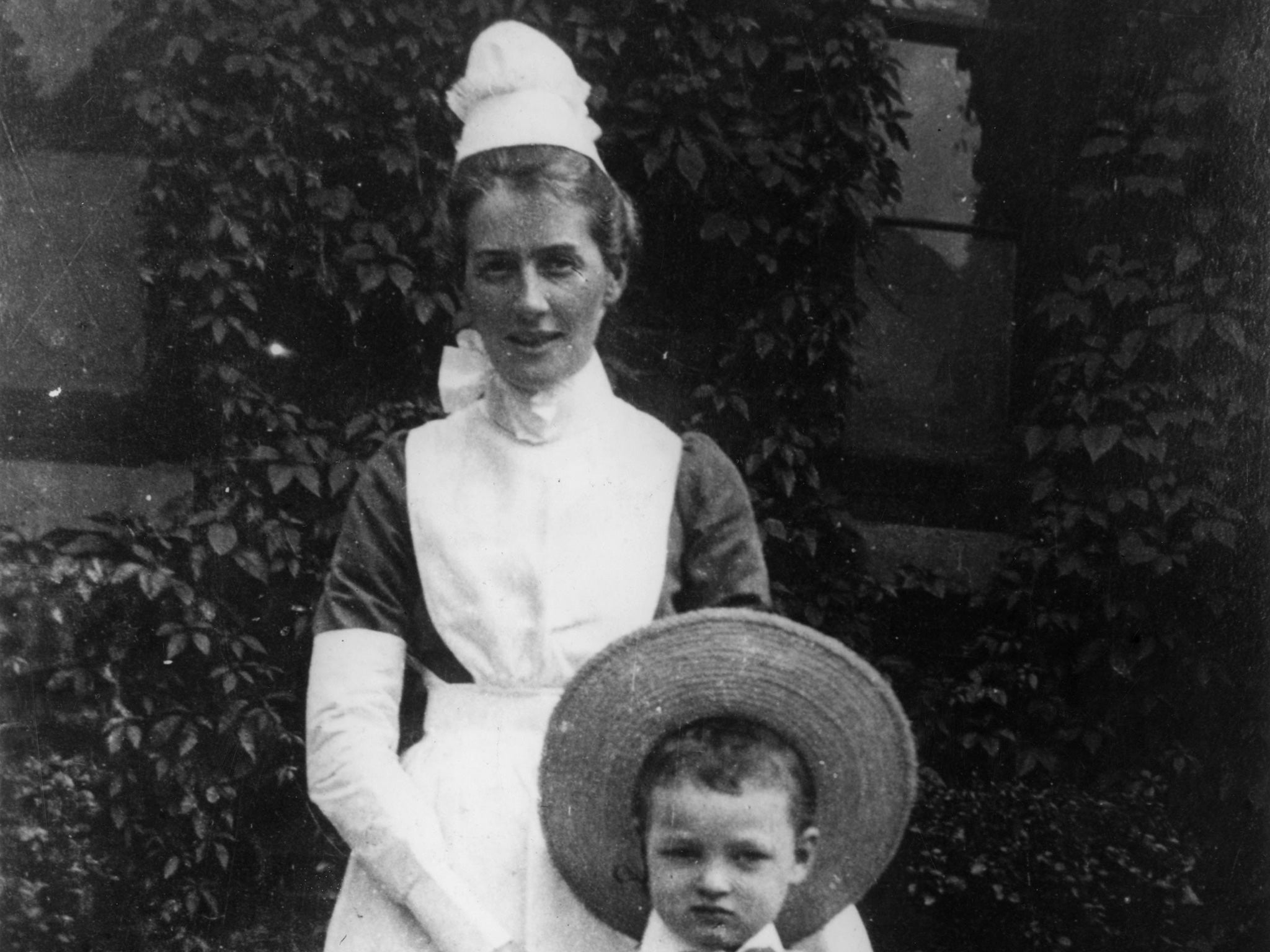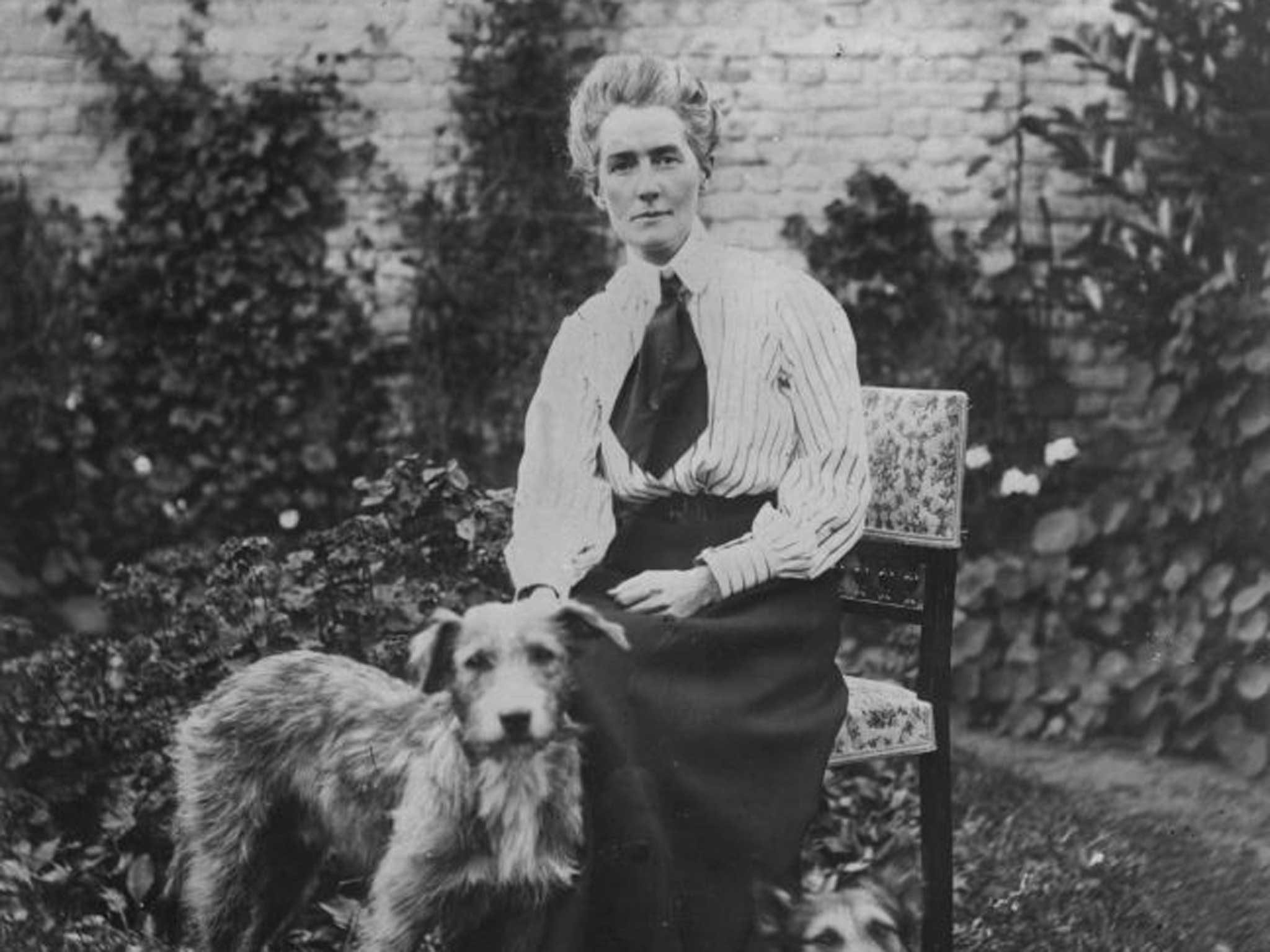Edith Cavell: Who was the British nurse executed by a German firing squad for treason?
Cavell treated soldiers on both sides of the conflict during the First World War

Your support helps us to tell the story
From reproductive rights to climate change to Big Tech, The Independent is on the ground when the story is developing. Whether it's investigating the financials of Elon Musk's pro-Trump PAC or producing our latest documentary, 'The A Word', which shines a light on the American women fighting for reproductive rights, we know how important it is to parse out the facts from the messaging.
At such a critical moment in US history, we need reporters on the ground. Your donation allows us to keep sending journalists to speak to both sides of the story.
The Independent is trusted by Americans across the entire political spectrum. And unlike many other quality news outlets, we choose not to lock Americans out of our reporting and analysis with paywalls. We believe quality journalism should be available to everyone, paid for by those who can afford it.
Your support makes all the difference.Monday 12 October marks the 100th anniversary of the death of Edith Cavell, the British nurse executed during the First World War for assisting wounded soldiers on both sides of the conflict.
Who was she?
Cavell was born in 1865 in Swardeston, a village near Norwich. The eldest daughter of a vicar, she grew up with a strong Anglican faith and it was this belief that propelled her decision to risk her life helping those in need.
Cavell trained to be a nurse at the Royal London Hospital and became a matron at a nursing school in Belgium in 1907, where she was a pioneering force in modernising the nursing profession.
Cavell was visiting her mother in Norfolk when WW1 broke out, but returned to Belgium to treat wounded civilians and soldiers at a Red Cross hospital in Brussels.
Her hospital treated soldiers from both sides of the war and Cavell assisted the resistance movement in sheltering British, French and Belgian soldiers, helping more than 200 escape via the Netherlands.

Why was she executed?
Cavell was betrayed and arrested with 34 others in August 1915. She was convicted of treason and, despite international pressure, executed by a firing squad made up of German soldiers at a shooting range in Brussels. She was 49-years-old.
What are her most famous quotes?
Cavell was visited by an Anglican chaplain the night before her death, where she made one of her most well-known statements: “This I would say standing as I do in view of God and eternity, I realise that patriotism is not enough. I must have no hatred or bitterness towards anyone.”
Before becoming a nurse, Cavell wrote a letter to her cousin vowing to help those in need. “Some day I am going to do something useful,” she wrote. “It must be something for people. They are most of them so helpless, so hurt and so unhappy.”
Cavell became known as a martyr of WW1 and her death was widely used in British propaganda to encourage soliders to enlist in the army, including in one poster that read: “Murdered by the Huns“ and urged people to "enlist in the 99th (Essex battalion, of the Canadian Expeditionary Force) and help stop such atrocities”. The number of men enlisting doubled to 10,000 a week after she was killed.
Her body was exhumed in 1919 and she was buried in the grounds of the Norwich Cathedral.
What is being done to commemorate the centenary of her death?
Her life is being celebrated with two events on Monday; a ceremony at the Belgian Senate, where she was found guilty of treason, and with the unveiling of a contemporary bust of her in Montjoie park in the Brussels suburb of Uccle by Princess Anne and Belgium’s Princess Astrid.
Join our commenting forum
Join thought-provoking conversations, follow other Independent readers and see their replies
Comments